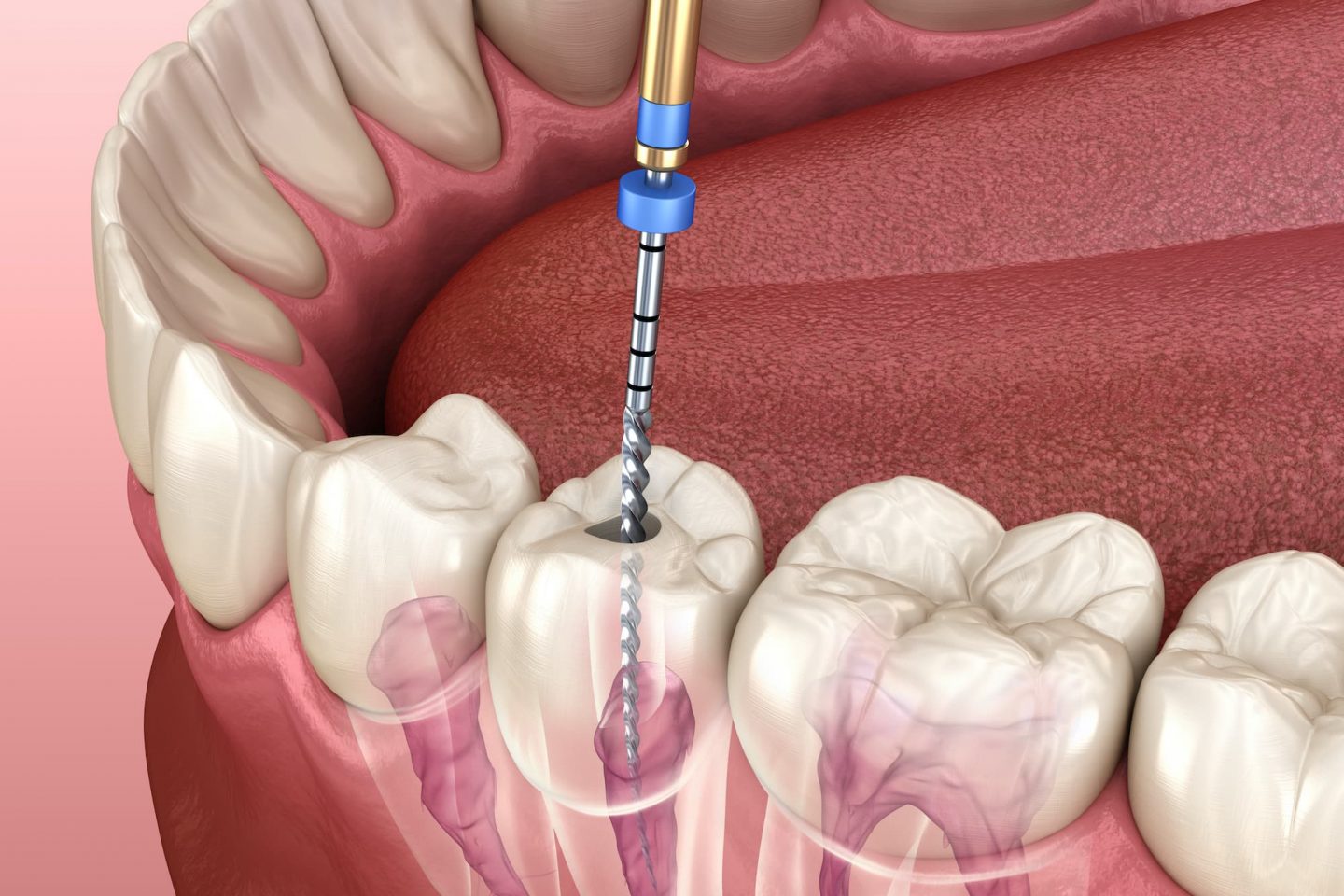What is Root canal treatment?
Root canal treatment is a dental procedure used to save teeth that are badly decayed or infected. The procedure involves removing the damaged pulp from the tooth, cleaning and disinfecting the root canal, and then filling and sealing the tooth. Although Root canal treatment is considered a safe procedure, there are some potential side effects that can occur. These include pain, swelling, and infection at the site of the Root canal treatment. In rare cases, the side effects can be more serious, such as nerve damage or allergic reactions to the materials used during the procedure. If you are considering Root canal treatment, it is important to be aware of the potential side effects and discuss them with your dentist beforehand.
What are the side effects of root canal treatment?
Root canal treatment is a common dental procedure that can save a tooth that is badly decayed or infected. However, like any medical procedure, there are some potential side effects that you should be aware of.
The most common side effect of root canal treatment is temporary pain and sensitivity in the treated tooth. This is usually due to the fact that the tooth is being worked on and can be relieved with over-the-counter pain medication. There may also be some swelling and tenderness in the gums around the treated tooth, which can also be relieved with over-the-counter medication.
In rare cases, there may be an infection after root canal treatment. Symptoms of an infection include severe pain, swelling, redness, and fever. If you experience any of these symptoms, you should see your dentist or doctor right away so that they can prescribe antibiotics to treat the infection.
Overall, root canal treatment is a very safe and effective procedure. The risks of complications are very low, and most people experience little to no discomfort during or after the procedure.
How can I avoid side effects from root canal treatment?
There are a few things you can do to avoid side effects from root canal treatment. First, be sure to follow your dentist’s or endodontist’s instructions for care after the procedure. This may include taking antibiotics as prescribed and using a special mouthwash. You should also avoid chewing on hard foods or using tobacco products for at least a week after the procedure.
If you experience any pain or discomfort after the treatment, be sure to contact your dentist or endodontist right away. They may prescribe medication to help relieve any symptoms. In most cases, any side effects from root canal treatment are minor and temporary.
What should I do if I experience side effects from root canal treatment?
If you experience any side effects from root canal treatment, it is important to contact your dentist or endodontist immediately. While most side effects are minor and temporary, some may be more serious and require additional treatment.
Common side effects from root canal treatment include:
- Sensitivity to hot or cold temperatures
- Soreness in the treated tooth
- Tenderness in the gums around the treated tooth
- Swellings in the treated area
- Headache
If you experience any of these side effects, please contact your dentist or endodontist right away. They will be able to advise you on how to best manage your symptoms and ensure that you are comfortable during your recovery.
Conclusion
Although root canal treatment is considered a safe and effective procedure, there are a few potential side effects that you should be aware of. The most common side effect is temporary discomfort or pain at the site of the procedure. Some other potential side effects include inflammation, swelling, and bruising. In rare cases, an infection can develop. If you experience any severe side effects after your root canal treatment, be sure to contact your dentist right away.

